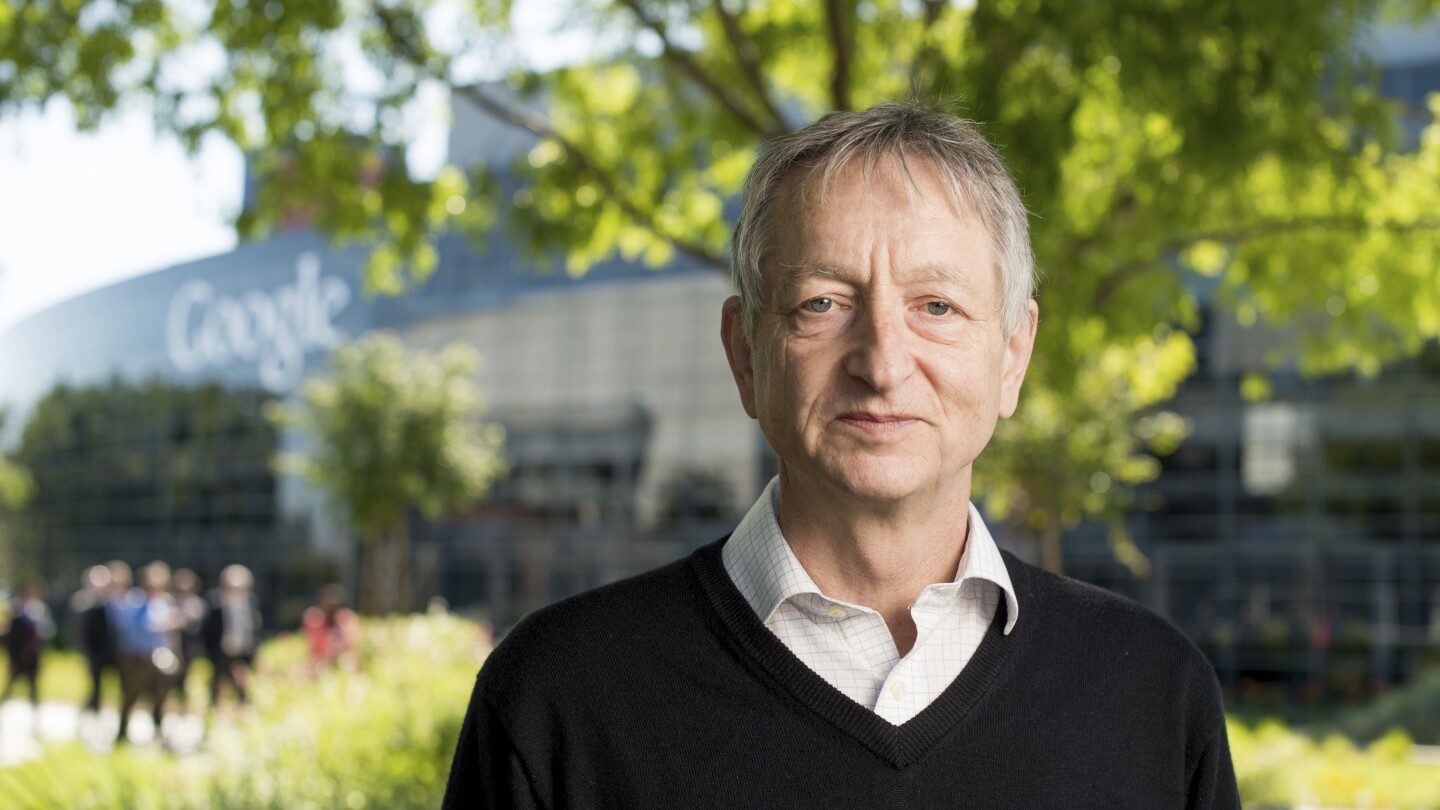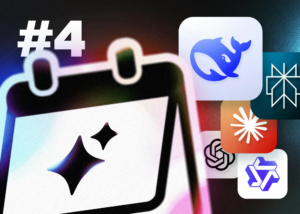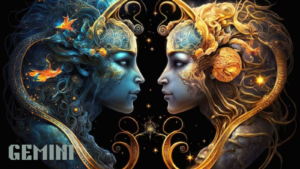Is AI Experiencing a Turning Point? Do Researchers Rely on the Tech Sector for Its Continuation?

Hinton’s Nobel Prize and the Rise of AI
Celebrating Achievements in Artificial Intelligence
Geoffrey Hinton, a prominent figure in artificial intelligence, celebrated his recent Nobel Prize in Physics at Google’s headquarters in California, despite no longer working there. As a senior researcher at the University of Toronto, Hinton’s groundbreaking work was carried out long before his association with Google. His celebration symbolizes AI’s transition from a niche academic field to a commercially successful and scientifically recognized domain.
Just one day after Hinton’s win, two scientists from Google’s AI division, Demis Hassabis and John Jumper, also received a Nobel Prize in Chemistry for their innovative use of AI in predicting and designing new proteins. This remarkable achievement emphasizes the significant role AI plays in advancing scientific discovery. Jeanette Wing, a computer science professor at Columbia University, remarked that these awards highlight the transformative power of AI in modern research.
Hinton’s Contributions to AI
Hinton, who shares the physics Nobel with John Hopfield, played a vital role in developing neural networks—the framework that underpins much of today’s machine learning. Reflecting on his journey, Hinton noted that such advancements stemmed from inquisitive research rather than simply funding applied problems. He stressed the importance of allowing scientists to explore their interests, which laid the foundation for much of today’s AI technologies.
The Role of Industry in AI Research
The rapid progress in AI is closely linked to technological industry giants. With a few corporations possessing the necessary resources, the current wave of AI research has become heavily dependent on these powerful companies. Wing pointed out that groundbreaking discoveries in AI are only feasible with substantial computational power and vast amounts of data, which only a handful of firms like Google and Microsoft can provide.
Breakthroughs in Chemistry through AI
The Nobel Prize in Chemistry awarded to Hassabis, Jumper, and David Baker from the University of Washington recognizes their groundbreaking work on AI-driven methods to discover new medicines. Hassabis, the CEO of DeepMind, which was acquired by Google, aspires to build a modern research environment akin to the historic Bell Labs, known for its significant contributions to computing and telecommunications over the years.
Hinton’s Concerns
After leaving Google last year, Hinton felt freer to express his apprehensions about AI’s implications, especially concerning the potential for humans to lose control over superintelligent machines. Despite having concerns about their direction, he refrained from criticizing Google directly. He humorously recounted his Nobel Prize win, mentioning that he had to cancel a medical appointment after receiving the committee’s call early in the morning.
Reflections from Peers
Richard Zemel, a former doctoral student of Hinton’s, attended the celebration at Google and expressed the excitement around the commercial success of AI. However, he emphasized that for researchers like Hinton, the true value lies in the acknowledgment of their foundational research efforts.
At the gathering, Hinton also took the opportunity to address the recent upheaval surrounding OpenAI, where former colleague Sam Altman experienced controversy. Hinton remarked that OpenAI began with the goal of developing safe artificial general intelligence but has shifted focus toward profitability, which he found unfortunate.
The Future of AI Research
The challenges surrounding AI development often stem from the immense resources required, which tend to be beyond what typical academic institutions can muster. Michael Kearns, a computer science professor at the University of Pennsylvania, highlighted this ongoing dilemma. He also noted that this recent recognition of AI research represents a significant win for interdisciplinary efforts that have evolved over many years.
Hinton’s accolades add him to the list of elites who have won both the Nobel Prize and the Turing Award. The path of discovery within AI is still unfolding, with many opportunities lying ahead for further applications of computer science in diverse fields. Wing remarked that we are merely at the initial stages of leveraging AI for scientific advancements.






